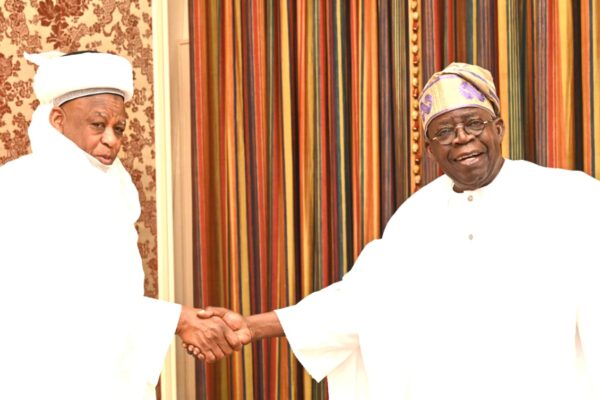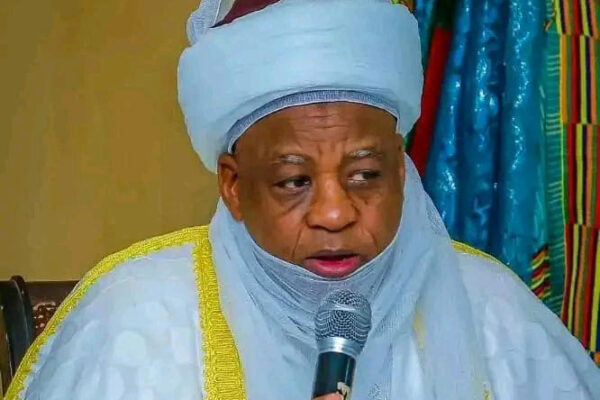The Sultan of Sokoto, Alhaji Sa’ad Abubakar III, has urged the regulation of social media in Nigeria, citing its growing misuse as a threat to peace, unity, and mutual respect in the country. Addressing the Northern Ulamah Summit on insecurity and socioeconomic challenges in Kaduna through the Emir of Zazzau, Ambassador Ahmad Nuhu Bamalli, the Sultan expressed concern over how social media is being abused, even by scholars. He warned that unmonitored online activity allows anyone to insult others without consequences. “Anyone can wake up, pick up their phone, and insult anyone—whether a respected individual, a leader, a neighbour, or even a family member. There are no laws, no consequences, and no one to challenge this behaviour,” the Sultan said. He added that other countries regulate social media, ensuring that posts that cause division or unrest can be traced and punished, and called for Nigeria to implement similar measures. The summit, organized by the Congregation of Northern Ulamas, brought together Islamic scholars, political leaders, and stakeholders from northern Nigeria to discuss ways to tackle insecurity, strengthen religious harmony, and enhance the role of scholars in national development. Dr. Bashir Aliyu Umar, President of the Supreme Council for Sharia in Nigeria, stressed the need for unity and responsible communication. “We must rise above our differences. The Qur’an and Sunnah guide us to work together for peace, justice, and good relationships,” he said, warning against the spread of misinformation online that fuels conflict. Prominent Islamic scholar Sheikh Ahmad Gumi also highlighted the importance of responsible online engagement, cautioning against defamation while rejecting complete censorship. “Existing laws against false accusations and defamation should be updated to match the speed and universality of social media,” he noted. Other respected clerics present included Sheikh Ibrahim Khalid, Sheikh Abubakar Jahid, Sheikh Abdullahi Bala Lau, Sheikh Kabiru Gombe, Sheikh Khalid Aliyu (JNI), Dr. Bashir Dahiru Bauchi, Malam Nafiu Baba Ahmed, and Sheikh Maihula. Former Zamfara State Governor, Senator Abdulaziz Yari, called on northern communities to take responsibility for local security challenges, noting that many violent incidents are perpetrated by residents themselves. Representing the Speaker of the House of Representatives, Hon. Alhassan Ado-Doguwa pledged legislative support to implement the summit’s recommendations. Senator Kawu Samaila of Kano addressed international claims of religious persecution in Nigeria, describing them as false and emphasizing peaceful coexistence between Muslims and Christians. The summit concluded with a strong call for verified, responsible communication by scholars and the public, underlining the need for unity, peace, and accountability both online and offline.



